Malaysia’s stock market having its moment in the sun, but experts caution uncertainty looms amid geopolitical tensions
The KLCI index has grown by around 15 per cent over the last year, making Malaysia one of the region’s best performing markets in 2024 after years of lagging behind others.
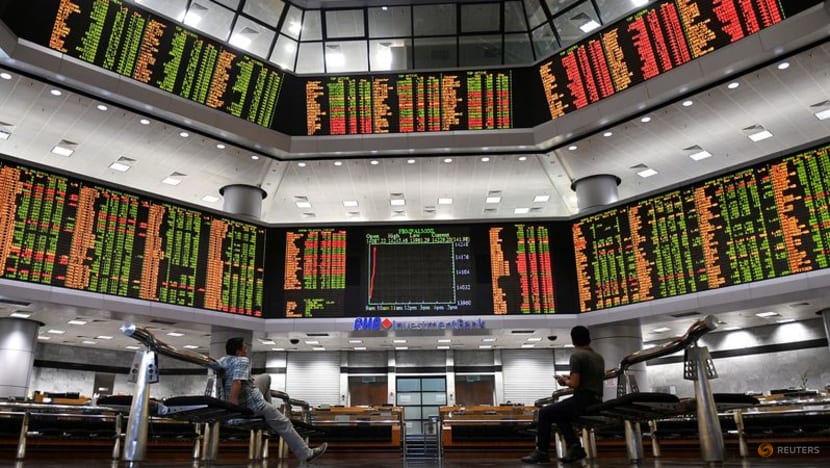

This audio is generated by an AI tool.
JOHOR BAHRU: General practitioner Lim Yuan Qing, who is based in Melaka, has been investing for decades. However, it was not until this year that the 43-year-old felt that buying stocks of local Malaysian companies helped him make a killing.
“Buying stocks in the Bursa Malaysia has generally been low risk and low returns, in previous years I would be satisfied with a 4 per cent CAGR,” said Dr Lim, referring to compound annual growth rate, a term referencing how much an investment pays off over time.
“In some cases previously, I have even lost money. However, this year has been a different story. Some of my purchases (from earlier this year) have grown 15 to 20 per cent, and this has matched and even (bettered) the earn rate for stocks from the US market. It has been a good run,” added the father of a seven-year-old girl who is investing to secure himself financially for retirement.
He told CNA that his total investment portfolio - encompassing stocks and exchange traded funds from the US, Malaysia, Singapore and China - is in the “low seven-figures” in ringgit.
From the first 11 months of this year, Dr Lim said that his Malaysia stocks alone have yielded six-figure returns.
“At this point, I’m thinking - let’s just make hay while the sun is shining,” he said, adding that he has held on to the paper gains in the hope it will continue to grow.
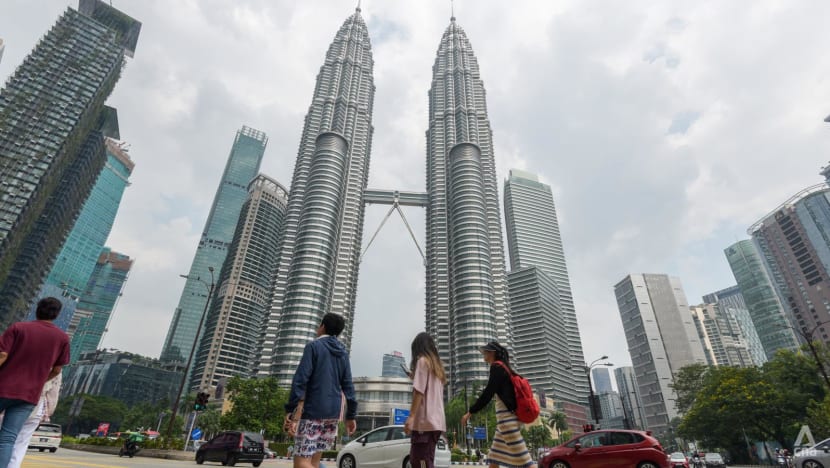
Dr Lim is among a handful of Bursa Malaysia investors who have been riding waves of optimism this year following an outstanding performance from the exchange.
The Malaysian market - once dubbed the region’s more underwhelming performers - has witnessed a resurgence over the last year. The Kuala Lumpur Composite Index (KLCI) which tracks Malaysia’s 30 biggest companies, has spiked around 15 per cent over the last year.
Analysts told CNA that the boost in the KLCI means that the Malaysia stock market has been one of the strongest in Southeast Asia this year so far, and among the best performers in the continent behind Taiwan and India.
They added this has been fuelled by the perceived stability in the Malaysia government currently led by Prime Minister Anwar Ibrahim, who has pushed government initiatives aimed at attracting foreign investments in areas such as semiconductors and data centres.
Some of the best-performing stocks in the market have been in the banking, commodities and utilities sectors.
Licensed financial advisor Lieu Ching Foo, who is with Malaysia-based consultancy CC Advisory, told CNA: “The Bursa Malaysia has been in the doldrums for many years, but recently it has benefited from strong positive narratives that has been put forth by the Malaysia government.”
“There has been a positive story for Malaysia recently, in terms of investment and the economy, and we see this positive sentiment reflected in the stock market,” added the equities expert.
But other experts whom CNA spoke to have cautioned that the recovery in Malaysia’s stock market this year may be short-lived amid intensifying geopolitical trade tensions that may be exacerbated with the return of Mr Donald Trump as president of the United States.
MALAYSIA THE COMEBACK KING?
Between the years of 2018 and 2022, Malaysia suffered a period of political uncertainty under four prime ministers, two of whom were appointed amid a backdrop of a global pandemic.
This was after the Barisan Nasional coalition fell following more than 60 years of ruling the country on the back of a fallout of the 1Malaysia Development Berhad (1MDB) scandal.
The political upheaval during this stretch and lack of overall economic competitiveness triggered a slump in Malaysia's stock market, analysts said.
In August 2019, Bloomberg published an article labelling the Bursa Malaysia as the “world’s worst major stock market” as the KLCI slumped by 14 per cent from almost a year prior.
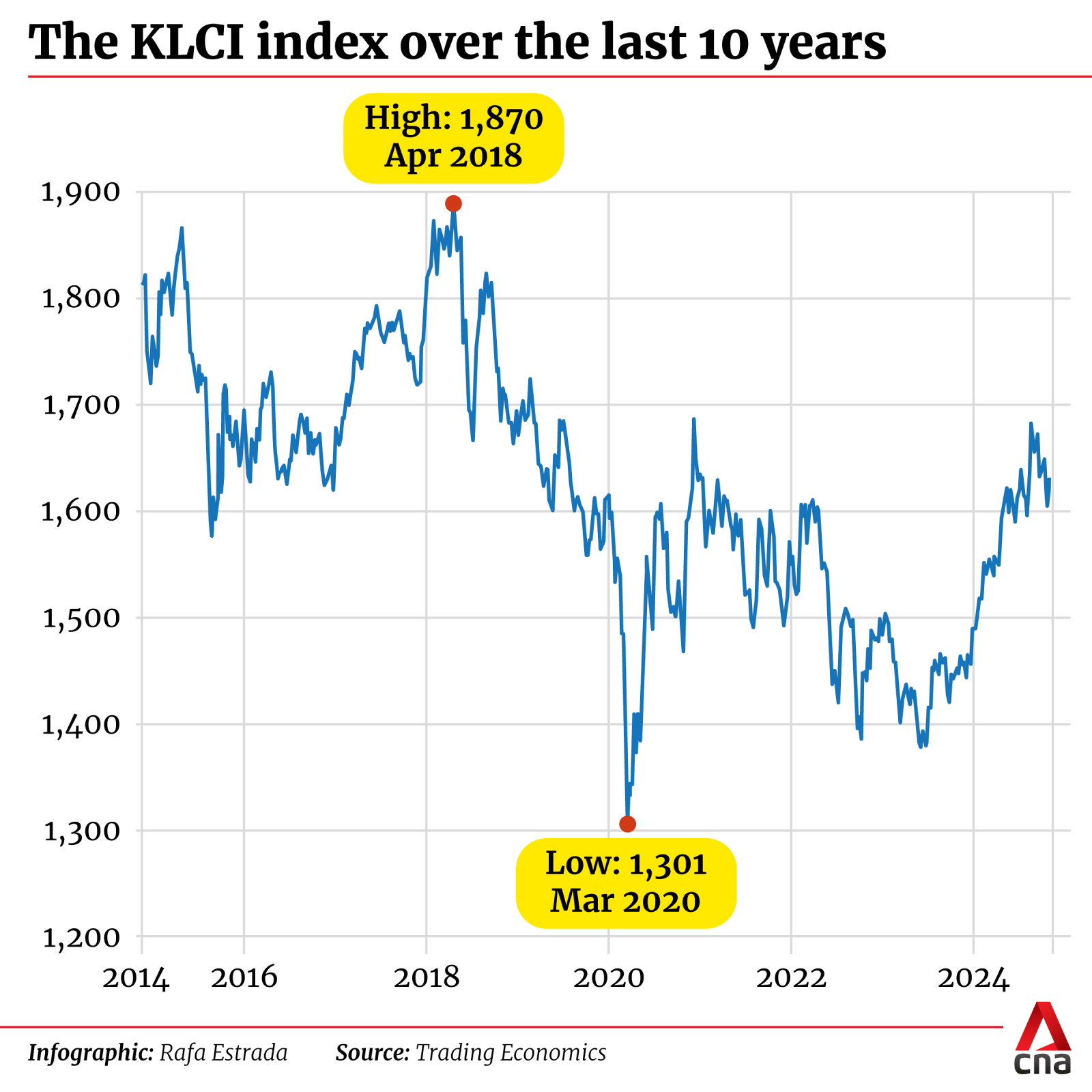
During the height of COVID-19 in March 2020, the KLCI bottomed out at around 1,301 points exacerbated by the adverse impact of the pandemic on the global economy.
As of Monday (Nov 11), the benchmark index has since surged to around 1,609 points, a 23.7 per cent hike overall.
Mr Ng Zhu Hann, founder and chief executive of boutique fund manager Tradeview Capital based in Kuala Lumpur, told CNA that the volatility in the Malaysia stock market between 2018 and 2022 clearly depicts how it is sensitive to leadership unrest.
“So if you look at the chain (of events that coincided) with that period, with the changes in administrations, political change from the Sheraton Move, it’s clear that the five year downtrend has to do with political instability,” said Mr Ng.
The Sheraton Move refers to a political manoeuvre in 2020 which led to the fall of the Pakatan Harapan government and the resignation of Dr Mahathir Mohamad as prime minister.
This later led to multiple different prime minister appointments: First, with Muhyiddin Yasin in February 2020, and then Mr Ismail Sabri Yaakob in August 2021.
Mr Anwar was appointed prime minister to head a unity government after the General Elections in November 2022 ended in a political stalemate.
Mr Ng said: “Since 2020, the (Malaysia stock market) has gone up by almost 200 points, and this is making us one of Asia’s top performers over the past year, only behind Taiwan and India. There has been a resurgence but the KLCI has still not recovered from the 1,800 point level it was at during the peak in 2018.”
On top of a spike in the market index, Mr Ng noted that Bursa Malaysia as a whole has also grown larger with its total market cap - one way of measuring value of a company based on its number of shares of stocks and the stock price - crossing the RM2 trillion (US$454 million) mark for the first time in May.
“This has been a broad-based rally led by stocks in the property sector, banking and also utilities,” he added.
Sunway University economics professor Yeah Kim Leng outlined that Malaysia’s stock market has performed well this year by chalking double-digit year-to-date gains, and that it is indicative of “positive factors” that has triggered interest among local and foreign investors.
The Madani government under Mr Anwar has earned plaudits for giving Malaysia’s semiconductor and data centre industries a leg up, and making headlines for attracting investments from huge multinational corporations like Google, Amazon, Bytedance, Nvidia and Microsoft.
Dr Yeah, who is also advisor to Malaysia’s finance ministry, explained that these factors have contributed to Malaysia’s “solidifying transformation story” led by the current administration.
BANKING, UTILITIES, RUBBER LEADING THE WAY
On sectors that have led this rally, the two stocks that have grown in price the most over the last year in Bursa Malaysia have been Top Glove and Hartalega, both rubber glove manufacturers.
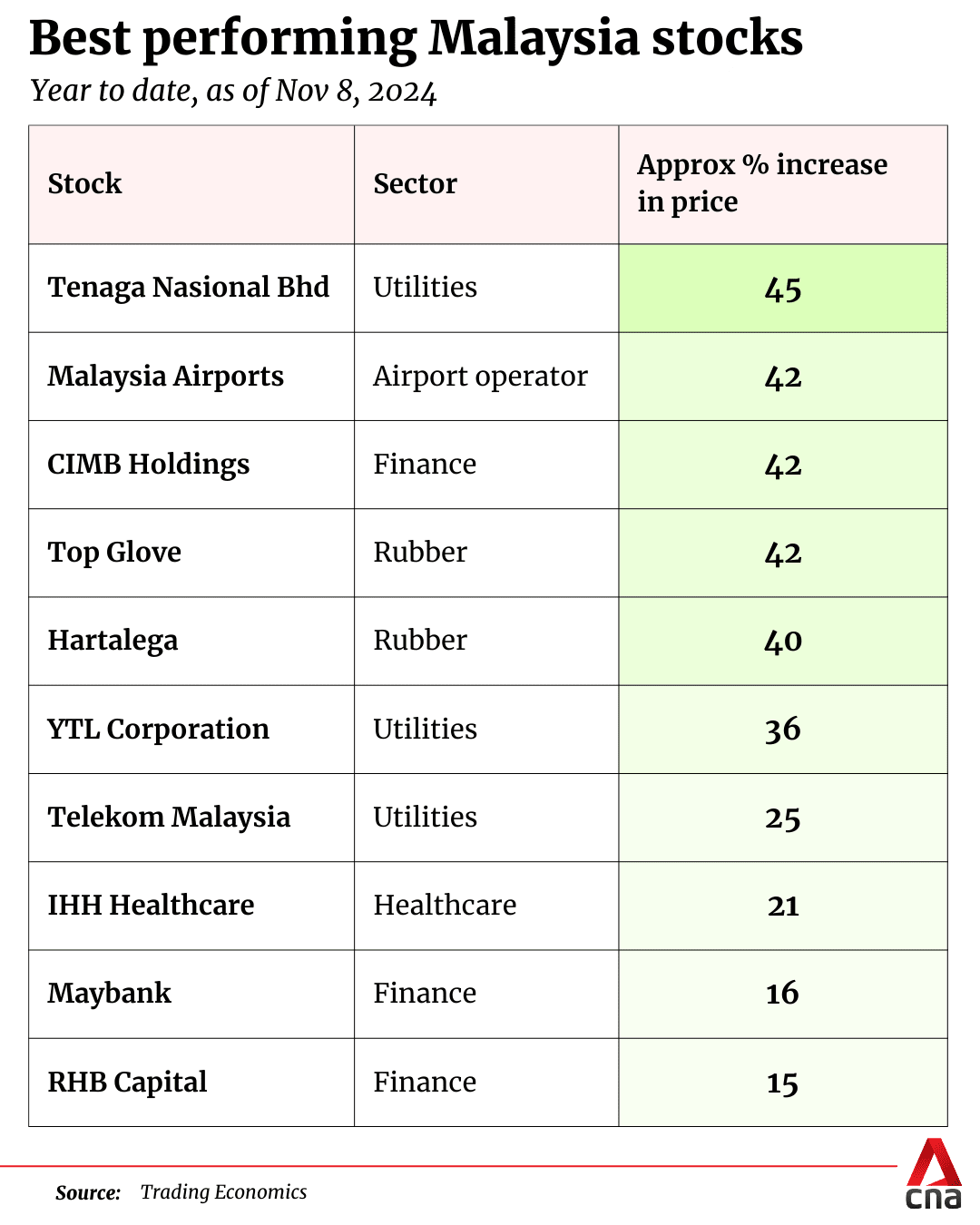
Top Glove made global headlines during the COVID-19 pandemic when its stock price soared 450 per cent amid intense demand for its healthcare gloves.
However, as vaccines were rolled out and more competitors entered the market, its profit margins narrowed and stock price plunged.
Tradeview Capital’s Mr Ng pointed out that the rubber industry in Malaysia is getting refreshed impetus after the US announced higher tariffs on Chinese-made medical gloves in September, allowing the likes of Top Glove and Hartalega to regain market share.
“The one investors have looked at is Hartalega especially as it has the largest export volume to the US,” he added.
Mr Lieu, the financial advisor, added that stocks like Tenaga Nasional Berhad (TNB) and YTL have also benefited from the narrative that Malaysia is fast emerging as a data centre hotspot in Southeast Asia.
TNB is the only electric utility provider in peninsular Malaysia.
“More data centres are being built in areas like Johor and this requires a huge amount of power to operate. Investors may be bullish on TNB for this (reason),” he added.
Meanwhile, utility firm YTL - also among the country’s top performers in the stock market - had announced a collaboration with tech giant Nvidia to build artificial intelligence infrastructure at the former’s data centre park in Kulai, located about an hour away from Singapore.
Banks like Maybank and CIMB have also posted strong numbers this year.
The retail investor Dr Lim told CNA that he purchased some Malaysia bank stocks earlier this year as he wanted to earn stable dividends, but was pleasantly surprised with how they have also earned him capital gains by the increase in stock price.
“It was quite surprising and unexpected, because from what I read these bank stocks usually just make small gains of 3-4 per cent, but these are double-digit returns,” added the medical doctor.
Mr Lieu added that given that the bourse is significantly propped by the financial industry, the rise of these banks have been pivotal to the stock market’s positive performance in 2024.
However, he urged caution for retail investors thinking of investing in Bursa Malaysia stocks as he opined that the volatility could be an “emotional rollercoaster”.
“But if they have FOMO (fear of missing out), perhaps they can portion a small percentage of funds, but better not put all your eggs in one basket,” he added.
Meanwhile, Mr Ng suggested that retail investors consider stocks that they might be more familiar with from day to day as they would understand the business better.
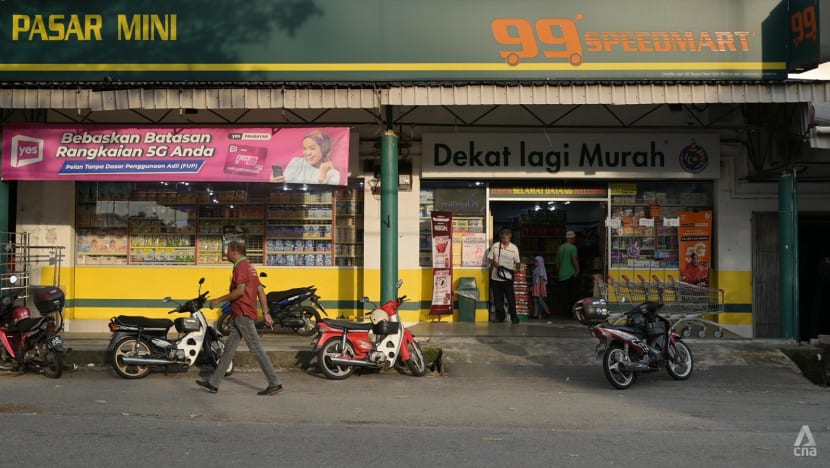
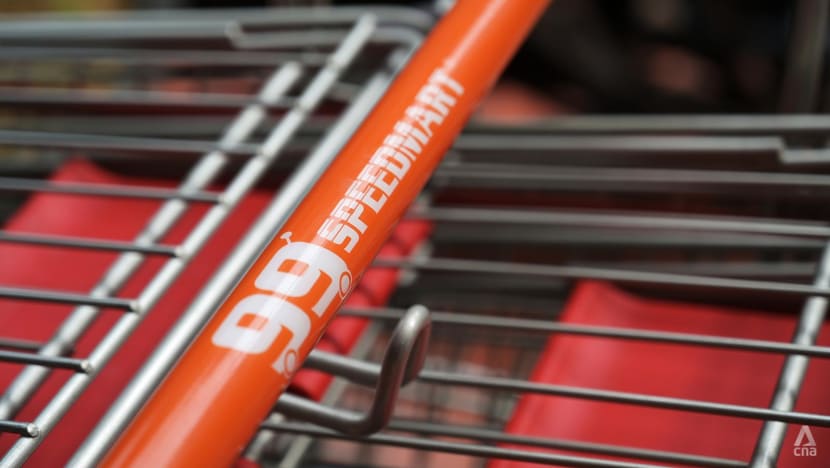
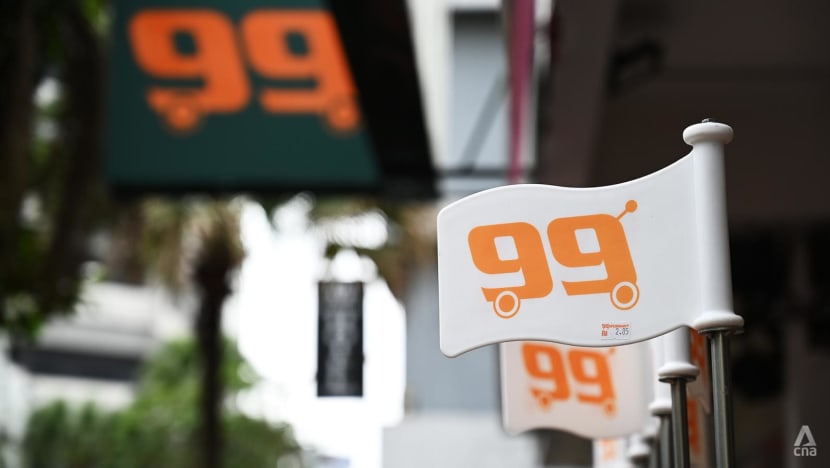
He cited the minimart chain 99 Speed Mart as an example. The chain made local headlines after its initial public offering (IPO) in September 2024 raised RM2.36 billion in the biggest listing in the country in seven years. It was also oversubscribed by 3.04 times.
“It is an example of a business that has done well in Malaysia in the past decades … and something investors … can touch and feel,” he added.
WILL BURSA'S GROWTH FIZZLE OUT LIKE CHINA'S RECENT RALLY?
While the stocks in Bursa Malaysia have clinched a strong performance this year, the question on the minds of some investors is whether this can continue into the near future and beyond.
Some regional investors have been spooked by the volatility in the China market recently. In September, China President Xi Jinping convened a meeting of the Communist Party’s politburo to discuss the economy, and urged officials to revive real estate, consumption and the capital markets.
The country’s central bank also kicked off stimulus measures to boost the economy, prompting a massive rally. Both the CSI 300, an index of mainland China’s largest stocks and Hong Kong’s Hang Seng Index, soared by 25 per cent as equities hit two-year highs.
Yet, less than a month following that, the stock rise fizzled out after a key briefing expected to unveil economic stimulus measures underwhelmed investors, and both the CSI 300 and HSI crashed.
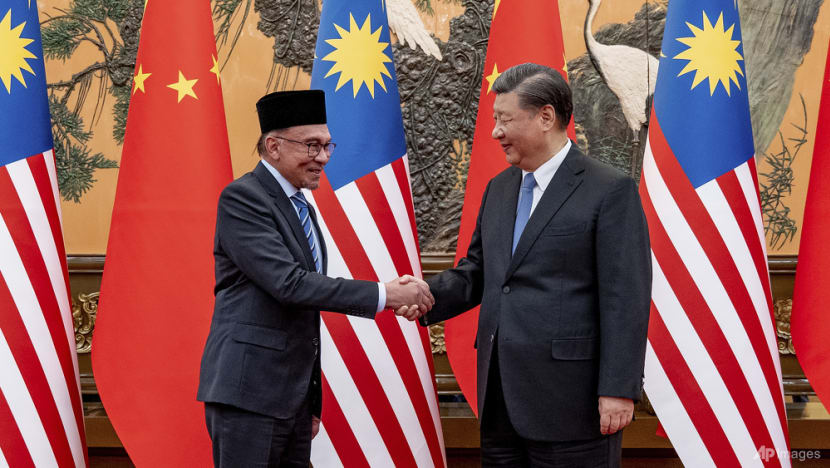
Analysts told CNA that while Malaysia’s market is on a different trajectory from China’s, Putrajaya is increasingly forging closer ties with Beijing as Prime Minister Anwar is keen for Malaysia to join the BRICS grouping of emerging economies.
They added that this could mean that Malaysia’s economy, and by extension its stock market, be more sensitive to issues that impact China’s economy. This includes protectionist measures imposed by US president-elect Trump, who has pledged to slap higher tariffs on the Asian giant.
Mr Lieu told CNA: “We are entering an era of deglobalisation now especially with the US' new president and China’s economy will be affected. Whether this directly impacts Malaysia remains to be seen but this is a possibility given that more Chinese firms are (relocating operations to Malaysia) and our small economy will be quite vulnerable to what happens in Beijing.”
Economist Dr Yeah echoed similar sentiments, outlining that the positive investor sentiments driving up the stock market in Malaysia are contingent on the “continuing Asian growth story” which is anchored partly by China’s growth.
However, Tradeview Capital’s Mr Ng is more sanguine on Bursa Malaysia’s future, highlighting that China’s stimulus policies are still being rolled out and that there may be some delay due to how the measures are being executed from federal level, to the different states and provinces.
“I can say that we have seen the bottom in the China market already and that is good for Malaysia and the emerging markets, especially given that China is our largest trading partner,” he said.
“Most importantly if China does well, the whole region will also stand to benefit.”



















